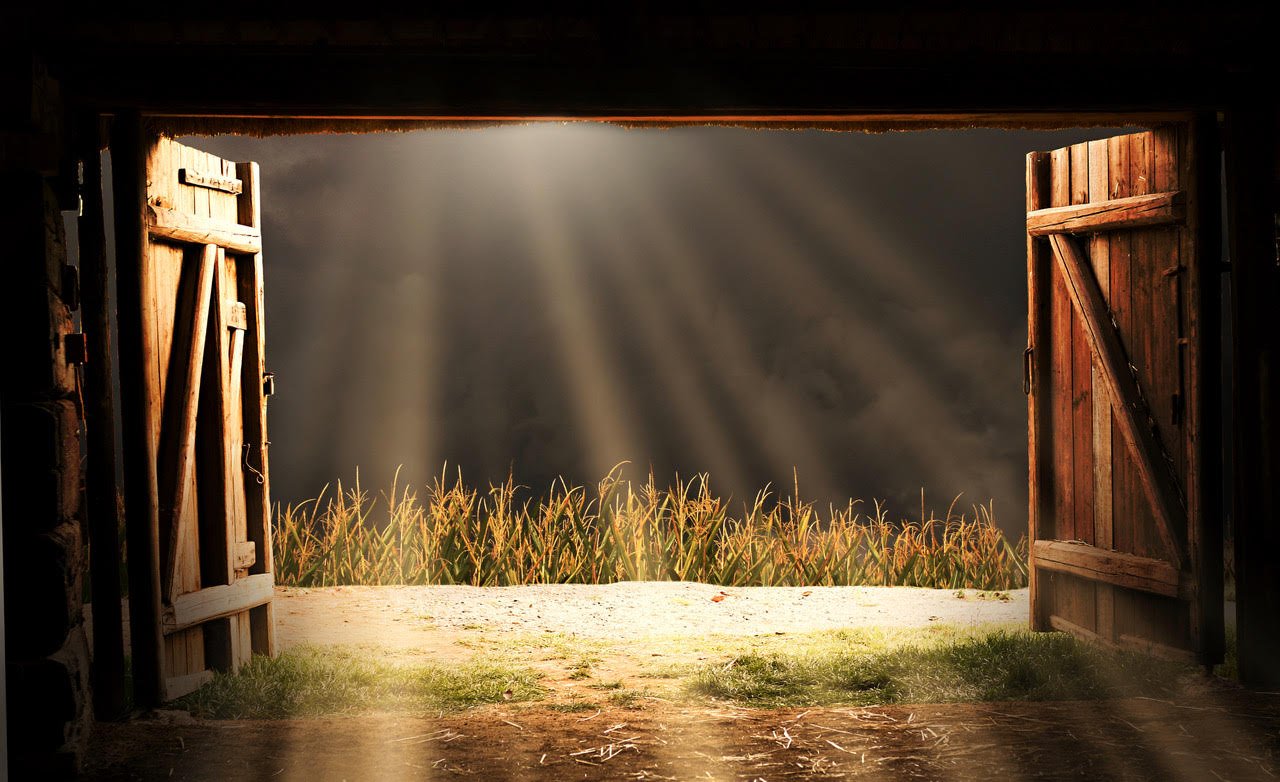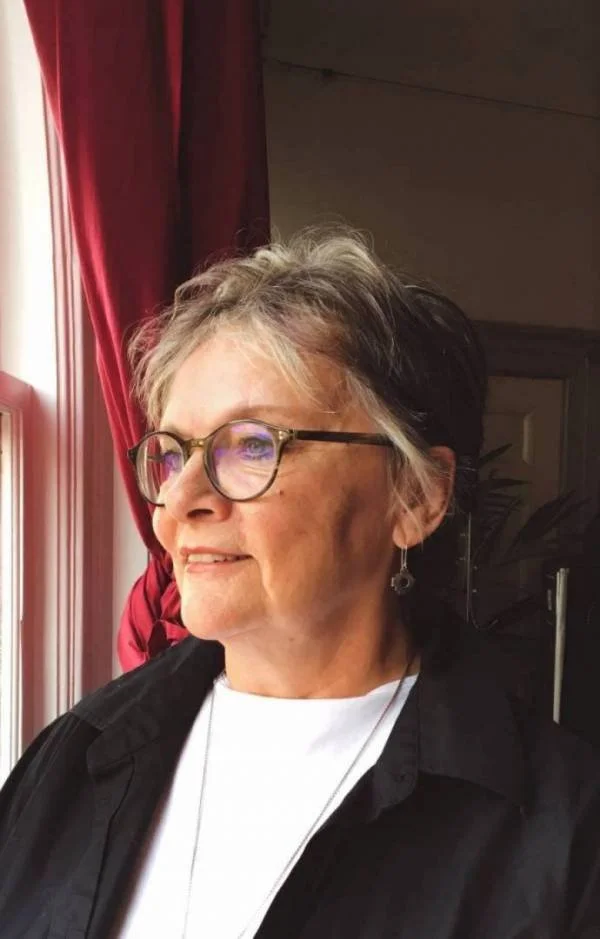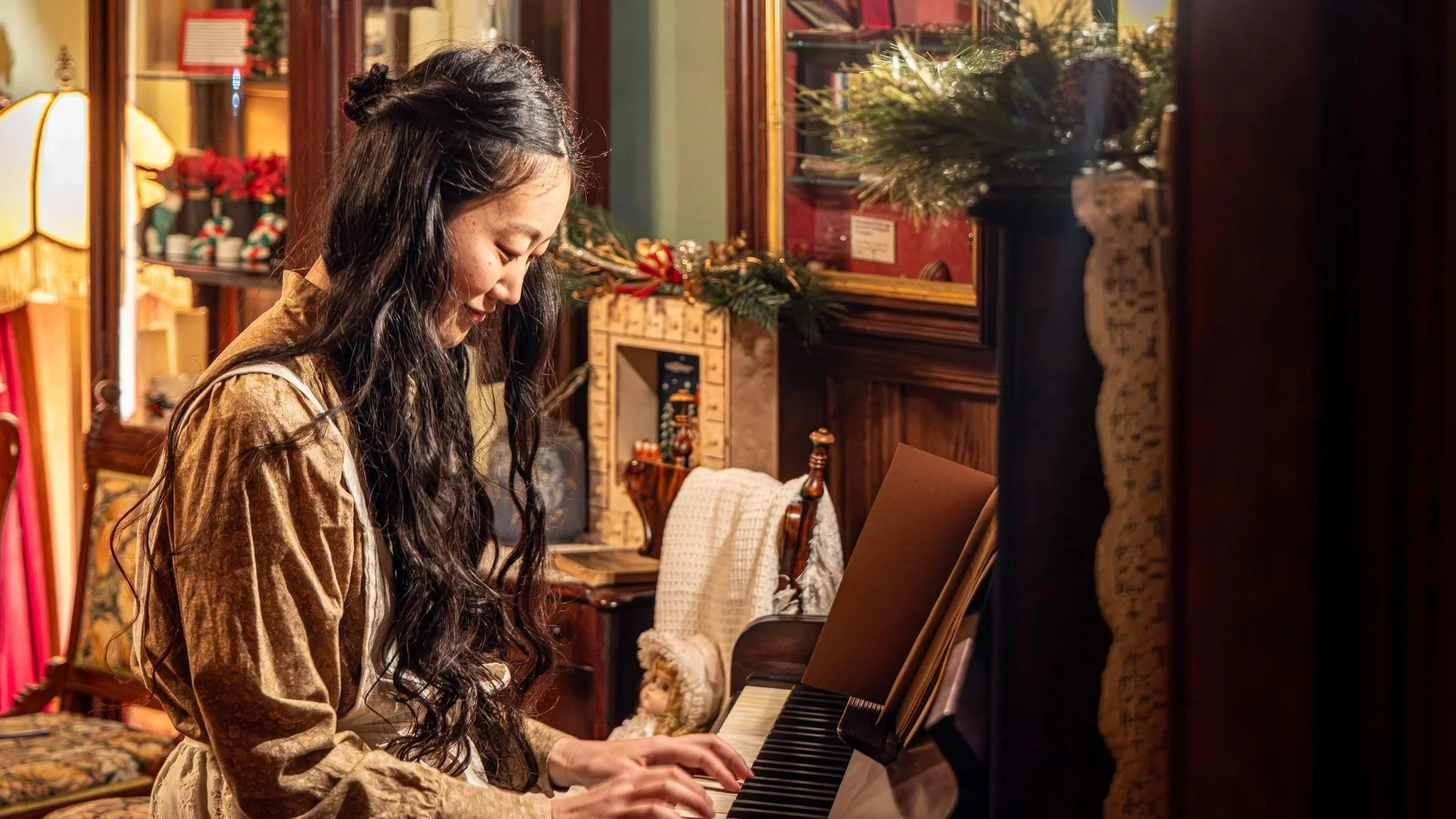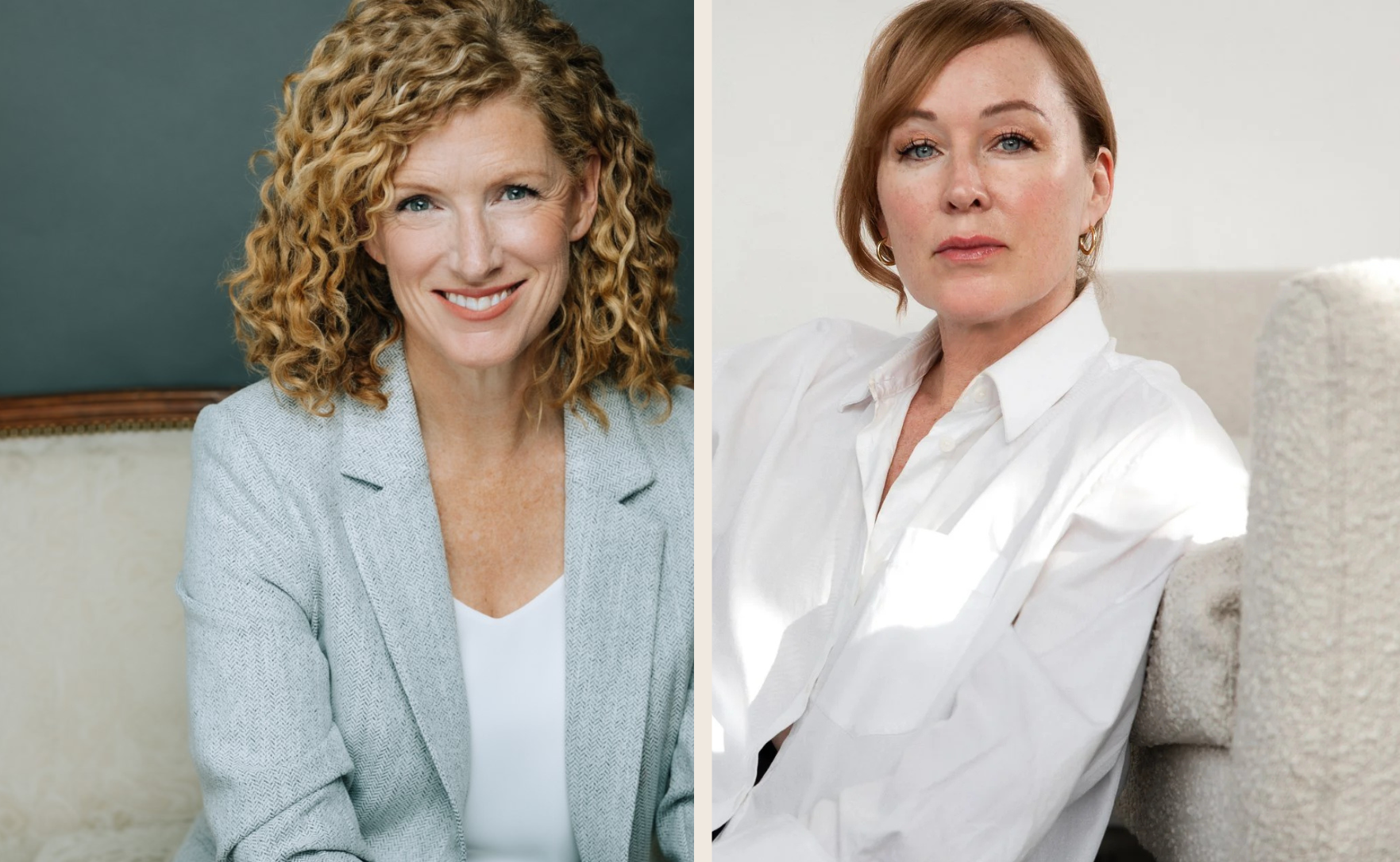Mary's Wedding throws the spotlight on Vancouver's young acting talent, as Firehall swings back into action
Director Donna Spencer works with alternating leads on a historical story that speaks directly to our times
Mary’s Wedding is a poetic memory play set in a barn on the Prairies.
Donna Spencer
The Firehall Arts Centre presents Mary’s Wedding from February 25 to March 13
IT’S THE LONGEST that Firehall Arts Centre artistic producer Donna Spencer has gone in her four-decade history at the venue without directing a new production: two long years. The last show she helmed was the new musical Talking Sex on Sunday; it closed March 8, 2020, and, well, we all know what happened after that.
“I’m finding it very invigorating,” she tells Stir before rehearsals. “I have to stay on my toes and do coaching, not just simply directing.”
That “coaching” is coming into play as the director makes the most of her return. Recognizing that a new generation of actors graduating into a world shut down by the pandemic has had little opportunity to show its stuff, she programmed Stephen Massicotte’s award-winning Mary’s Wedding. The two-hander is a love story centred on Mary and Charlie—two young people who take shelter in a Prairies barn during a thunderstorm, in 1914, on the eve of war. And Spencer has cast not one couple but two to alternate the roles: UBC Theatre grad Sarah Roa with Studio 58 grad Tanner Zerr, and fellow Studio 58 grads Emma Ross and Jacob Leonard. For those last three the show will mark their professional debuts.
“There are two different sets of energy within those teams,” she says. “I generally have one team sit and watch us explore the blocking so that when they’re up they have an idea of the shape of the piece–just for efficiency.
“But if it’s been a busy day, I can get a bit confused about who I’ve said what to,” she adds with a laugh.
Spencer says she is continually struck by how the themes of the play speak to these pandemic times.
“Even though it’s about a time 100 years ago, it’s still so relevant,” she explains. “Even though it’s about war, there is the dream of better times. The fact that we have seen humankind move on from loss and grief sort of reassured me when I read it. There was war, there was the Spanish flu, and there's something about humankind that tries to find its way through difficult situations.”
The play, which moves between time periods, is nonlinear and dreamlike. “It’s a memory play,” Spencer says.
And that means it holds special challenges for its young cast. Lighting and set designer Lauchlin Johnston has created a malleable nonrealistic environment that can transition between the barn to the war to a garden party, and beyond. Young sound designer Riley Hardwick also helps it all come to life.
“I say to the actors, ‘You need to endow the space,’” Spencer relates. “It’s an actors’ challenge. The language is poetic but if you trust it it will take you to the places you want to go.”
Spencer is bringing out the contrast in Mary and Charlie’s personalities—the way her young English immigrant loves the poetry of Lord Tennyson, and the way he embodies a can-do spirit. “He says, ‘I have to work hard and do what's best for everyone, not just myself,’” Spencer says.
That idea of pulling together in the face of hardship should resonate to audiences who know what it’s like to pull together for the better good in the face of a worldwide crisis. Spencer is ready to welcome them back inside with a tender, humane touch as theatres open wide again.
“It will definitely take them on a journey of remembrance but will also take them into a time of Canadian history—a time when women were just getting the vote,” she remarks. “They’ll laugh. They’ll cry. But it’s a very gentle play that’s beautifully written.”














